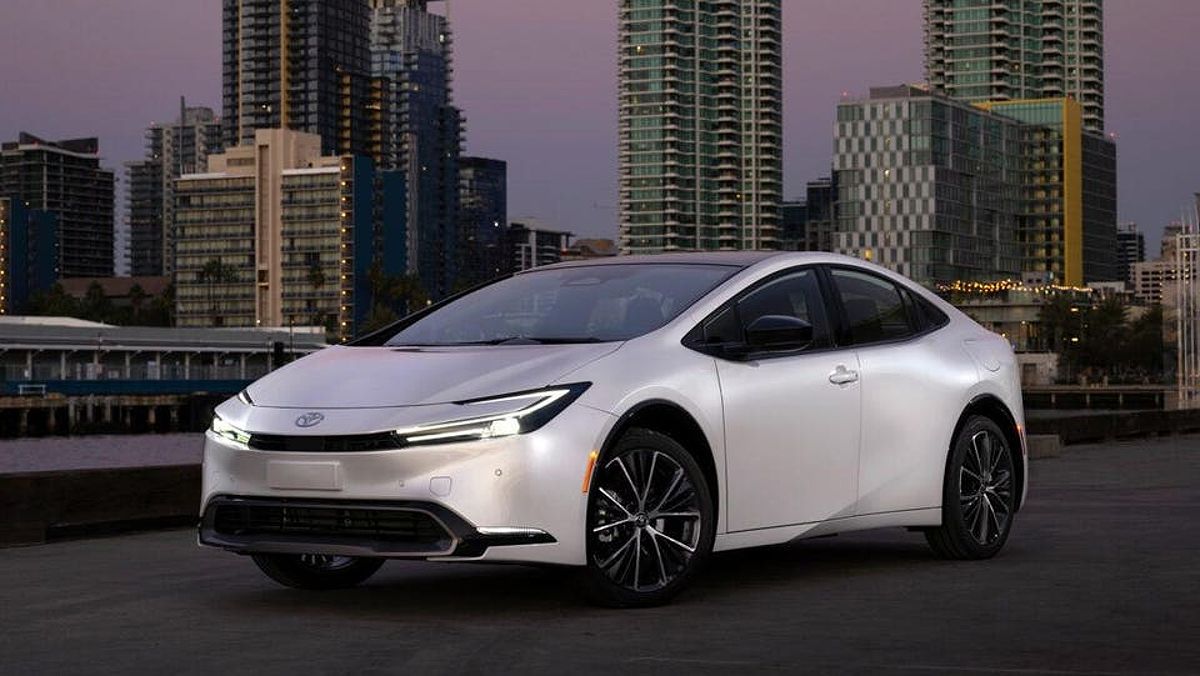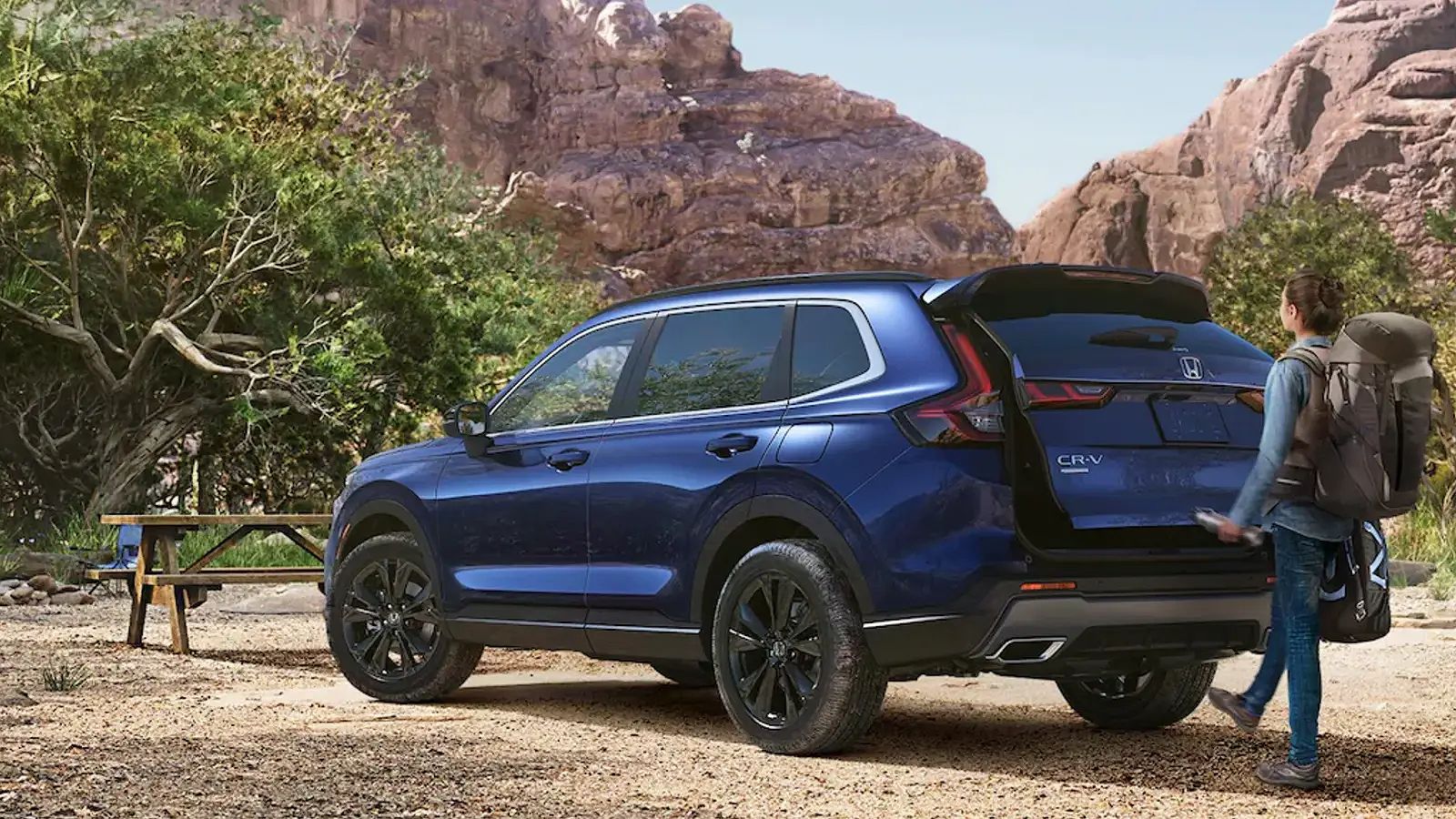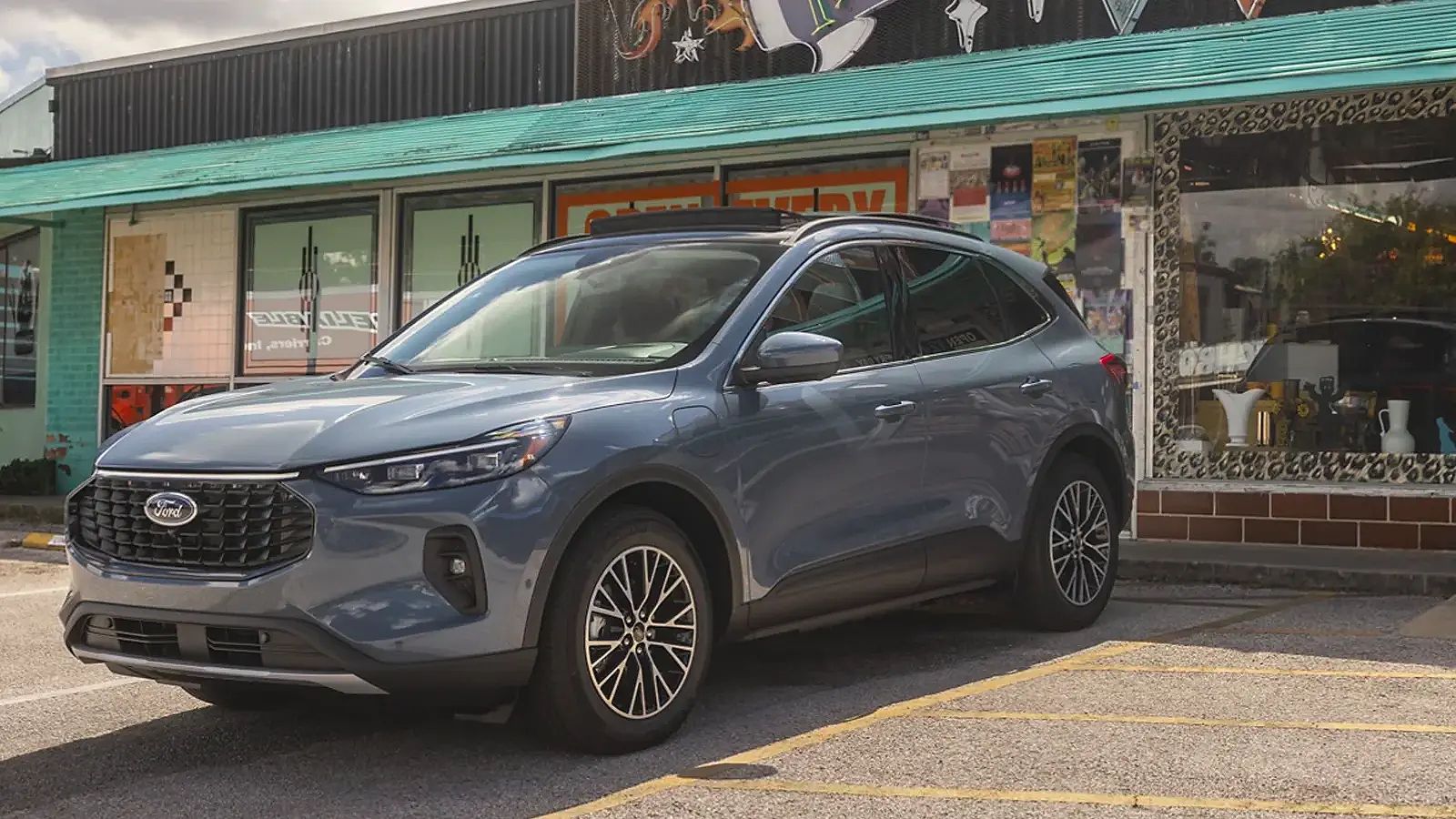Hybrid Vehicles: The Tax-Savvy Choice for Company Car Drivers
The key to unlocking the true potential of hybrid vehicles lies in understanding the Benefit-in-Kind (BiK) tax system. This often-complex piece of the puzzle is crucial for company car drivers, as it determines the level of tax we pay on the vehicle we drive. Fortunately, hybrids have a distinct advantage here, as they typically fall into lower BiK tax bands compared to their petrol or diesel counterparts.
This means that by opting for a hybrid, I can potentially save a significant amount on my monthly tax bill—freeing up funds that can be better invested elsewhere. And the savings don’t stop there. Hybrid vehicles also boast impressive fuel efficiency, which translates to lower running costs and a greener driving experience. It’s a win-win situation that has me eager to explore the best hybrid cars on the market.
Whats the Best Hybrid Car for Company Car Drivers?
As I delve into the world of hybrid vehicles, a few models have caught my eye as potential game-changers for company car drivers. Let’s take a closer look at some of the standouts:
Toyota Prius: The Hybrid Icon Reborn

The Toyota Prius has long been synonymous with hybrid excellence, and for good reason. With its distinctive design, impressive fuel economy (an EPA-estimated 57 MPG city, 56 MPG highway), and low BiK tax rate, the Prius is a compelling choice for company car drivers seeking to maximize their savings. Its reliable performance and spacious interior make it a well-rounded option that ticks all the boxes.
Honda Accord Hybrid: Blending Comfort and Efficiency

For those seeking a more premium hybrid experience, the Honda Accord Hybrid is definitely worth considering. This midsize sedan combines the spaciousness and comfort of the beloved Accord with a fuel economy rating of 48 MPG city and 47 MPG highway. With a relatively low BiK tax and a well-appointed interior, the Accord Hybrid offers a compelling package for the discerning company car driver.
Hyundai Ioniq Hybrid: Affordable Efficiency
If you’re looking for a hybrid option that won’t break the bank, the Hyundai Ioniq Hybrid deserves a closer look. With a starting price under $30,000 and an impressive EPA-estimated 58 MPG city and 53 MPG highway, this stylish hatchback delivers exceptional fuel efficiency and tax-friendly status. For company car drivers on a budget, the Ioniq Hybrid is a smart choice that doesn’t compromise on features or performance.
Ford Escape Hybrid: Hybrid SUV Versatility

For those who need the added practicality of an SUV, the Ford Escape Hybrid is a standout option. This hybrid crossover combines a spacious interior, available all-wheel drive, and a respectable fuel economy of 44 MPG city and 37 MPG highway. Its tax-friendly BiK rating and versatile capabilities make the Escape Hybrid a compelling choice for company car drivers who require a bit more cargo space and off-road capability.
Choosing the Right Hybrid: Factors to Consider
As I evaluate the best hybrid cars for my company car needs, there are several key factors I must consider. First and foremost, I need to assess my driving requirements, such as typical mileage and the types of roads I’ll be navigating. This will help me determine the right balance of fuel efficiency, performance, and cargo space.
Next, I’ll need to carefully consider my budget and the monthly payments I’m comfortable with. While hybrid vehicles often carry a higher upfront cost, the long-term savings in fuel and tax can make them a wise investment. I’ll be sure to research the specific BiK tax rates and estimated annual fuel costs for each model I’m interested in.
Finally, I’ll evaluate the features and technology that are important to me, such as advanced safety systems, connectivity, and overall comfort. By striking the right balance between my needs and the capabilities of the hybrid car, I can find the perfect fit for my company car requirements.
The Future of Hybrid Vehicles: Exciting Advancements on the Horizon
As I look ahead, I’m thrilled to see the continued evolution of hybrid technology. Plug-in hybrid electric vehicles (PHEVs) are particularly intriguing, as they offer the best of both worlds — the electric-only range of a battery-powered car coupled with the extended driving capabilities of a hybrid. These models can provide even greater fuel savings and reduced emissions, making them a compelling option for company car drivers seeking maximum efficiency.
Moreover, the emergence of mild hybrid systems, which utilize a small electric motor to assist the gasoline engine, is another promising development. While not offering the same level of electric-only driving as full hybrids, mild hybrids can still deliver improved fuel economy and reduced emissions, often at a lower cost.
As government policies and incentives continue to evolve, I’m optimistic about the future of hybrid vehicles for company car drivers like myself. With an ever-expanding range of options, increased electric range, and continued advancements in technology, the hybrid car landscape is poised to become an increasingly attractive choice for those of us seeking to maximize our automotive investments.
FAQ
Q: What are the main tax benefits of driving a hybrid car for company car drivers?
A: Hybrid cars typically fall into lower Benefit-in-Kind (BiK) tax bands, which means company car drivers will pay less tax on the benefit of driving the car. This can result in significant savings compared to petrol or diesel cars.
Q: How do I choose the right hybrid car for my needs as a company car driver?
A: Consider your driving needs, average mileage, budget, and the tax implications of different hybrid models. Research the fuel economy, BiK tax rate, and features of various hybrids to find the best fit for your requirements.
Q: What are the long-term costs of owning a hybrid car?
A: While the upfront cost of a hybrid vehicle may be higher than a traditional gasoline-powered car, the long-term running costs are generally lower. Hybrid cars typically have better fuel efficiency, which translates to reduced fuel expenses, and they often require less maintenance due to their simpler powertrain.
Conclusion: Embracing the Hybrid Revolution for Company Car Drivers
As I reflect on my journey to uncover the best hybrid car for company car drivers, I’m struck by the remarkable transformation taking place in the automotive industry. Hybrid vehicles have evolved from niche eco-friendly options to compelling solutions that offer a perfect balance of tax savings, fuel efficiency, and environmental responsibility.
By understanding the benefits of the Benefit-in-Kind (BiK) tax system and the impressive fuel economy of hybrid models, I’ve been able to identify a selection of top-performing vehicles that cater to the diverse needs of company car drivers like myself. From the iconic Toyota Prius to the versatile Ford Escape Hybrid, these hybrid cars present a compelling case for those seeking to maximize their automotive investments.
Looking ahead, I’m excited to see the continued advancements in hybrid technology, with the emergence of plug-in hybrids and mild hybrid systems promising even greater efficiency and cost savings. As government policies and incentives evolve to encourage the adoption of these greener vehicles, the future for company car drivers who embrace the hybrid revolution looks brighter than ever.
Ultimately, the choice of the best hybrid car for my needs as a company car driver comes down to a careful evaluation of my driving requirements, budget, and personal preferences. By leveraging the wealth of information and insights available, I’m confident that I can make an informed decision that not only aligns with my financial goals but also contributes to a more sustainable future.
